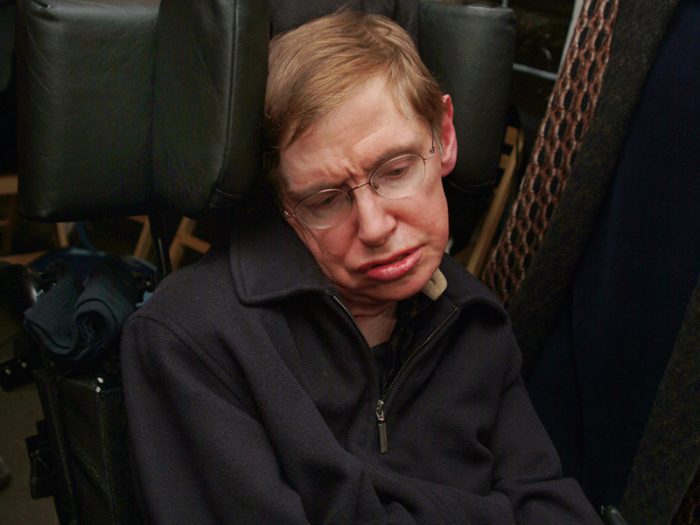
British scientist was a known atheist who refused to believe that anything existed beyond the realm of empirical science, even up until his death. However, he did help believers see God’s wonder in creation.
In Stephen Hawking’s best seller, “A Brief History of Time” he used the metaphor of the “mind of God” when trying to explain the goal of understanding reality.
“If we discover a complete theory, it would be the ultimate triumph of reason – for then we should know the mind of God,” Hawking said.
Hawking found the “case for a Creator” unconvincing – it was always a metaphor for him. This is likely due to his inability to take his mind and heart beyond physics itself.
The physicist, cosmologist and author passed away March 14, and was recognized for his research work into black holes and relativity. In spite of being diagnosed with a rare form of ALS at age 22, he went on to become one of the most renowned scientists in history.
Hawking made a statement that caused many to speculate that he had involuntarily acknowledged the presence of God.
“Before we understand science, it is natural to believe that God created the universe,” Hawkings said. “But now science offers a more convincing explanation. What I meant by ‘we would know the mid of God’ is, we would know everything that God would know, if there was a God, which there isn’t. I’m an atheist.”
One of the most astonishing revelations concerning his views on the existence of God came when journalist Andrew Graystone asked him directly about his beliefs on the presence of a sovereign power. When Hawking passed, Graystone shared the interaction they had on Twitter.
“I asked him at length whether he believed there is a God. He refused to answer the question. When I asked him why, he said ‘If I say I believe in God, everyone will immediately claim that I believe in the same God they believe in. So I won’t say it at all,” Graystone wrote on Twitter.
Replying to that tweet, Graystone wrote “For years after, when I heard him speak on TV, I often heard him re-use one of the answers he had programmed that day.”
Hawking did insist, however, that it would impossible for any God to intervene in the laws of nature and science.
“I believe the universe is governed by the laws of science. The laws may have been decreed by God, but God does not intervene to break the laws,” he said, adding, “In my opinion, there is no aspect of reality beyond the reach of the human mind.”
Responding to the news of Hawking’s death, cosmology expert and Christian Dr. Rodney Holder expressed that he hoped his views on God would change at the end of his life.


